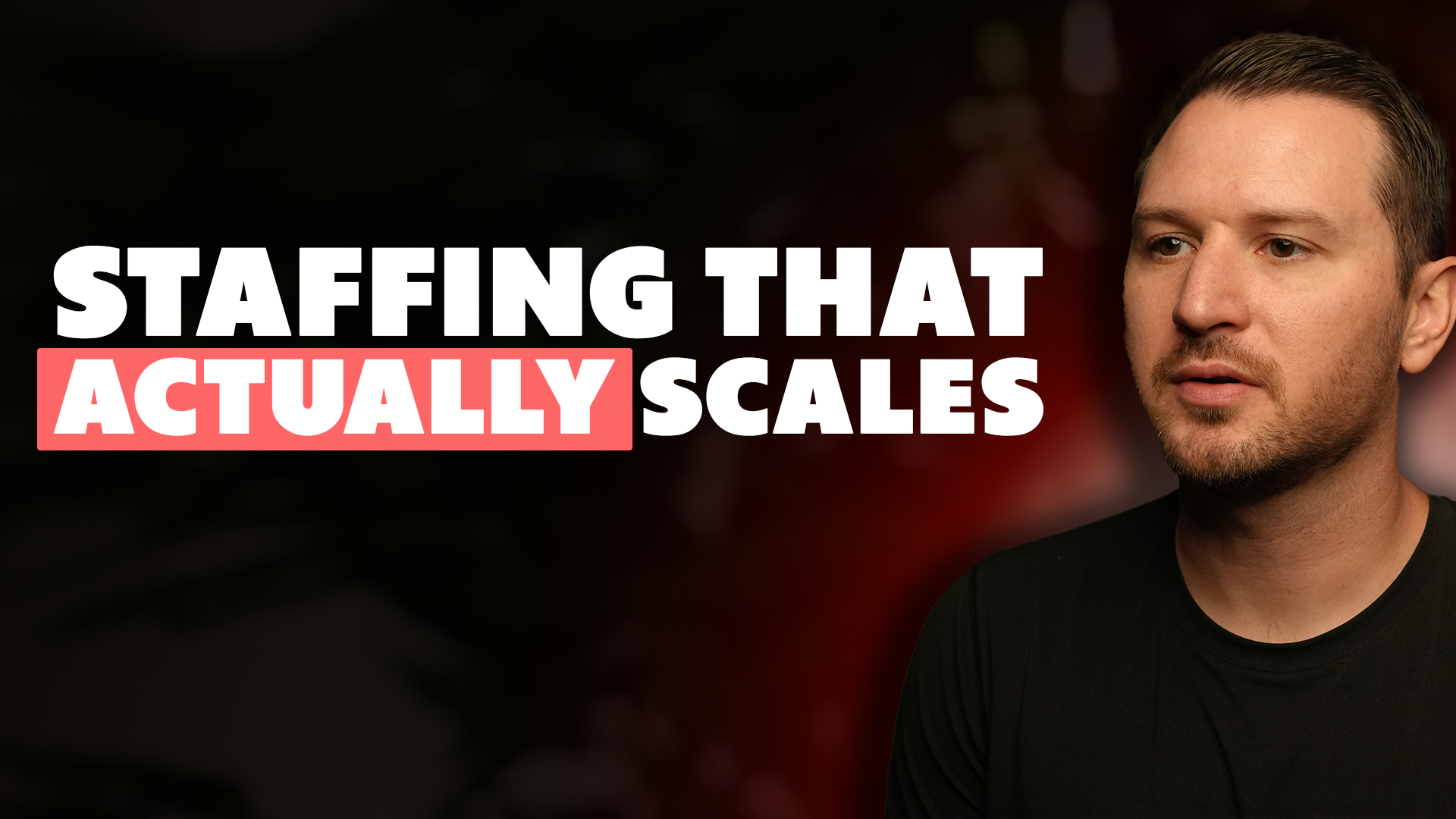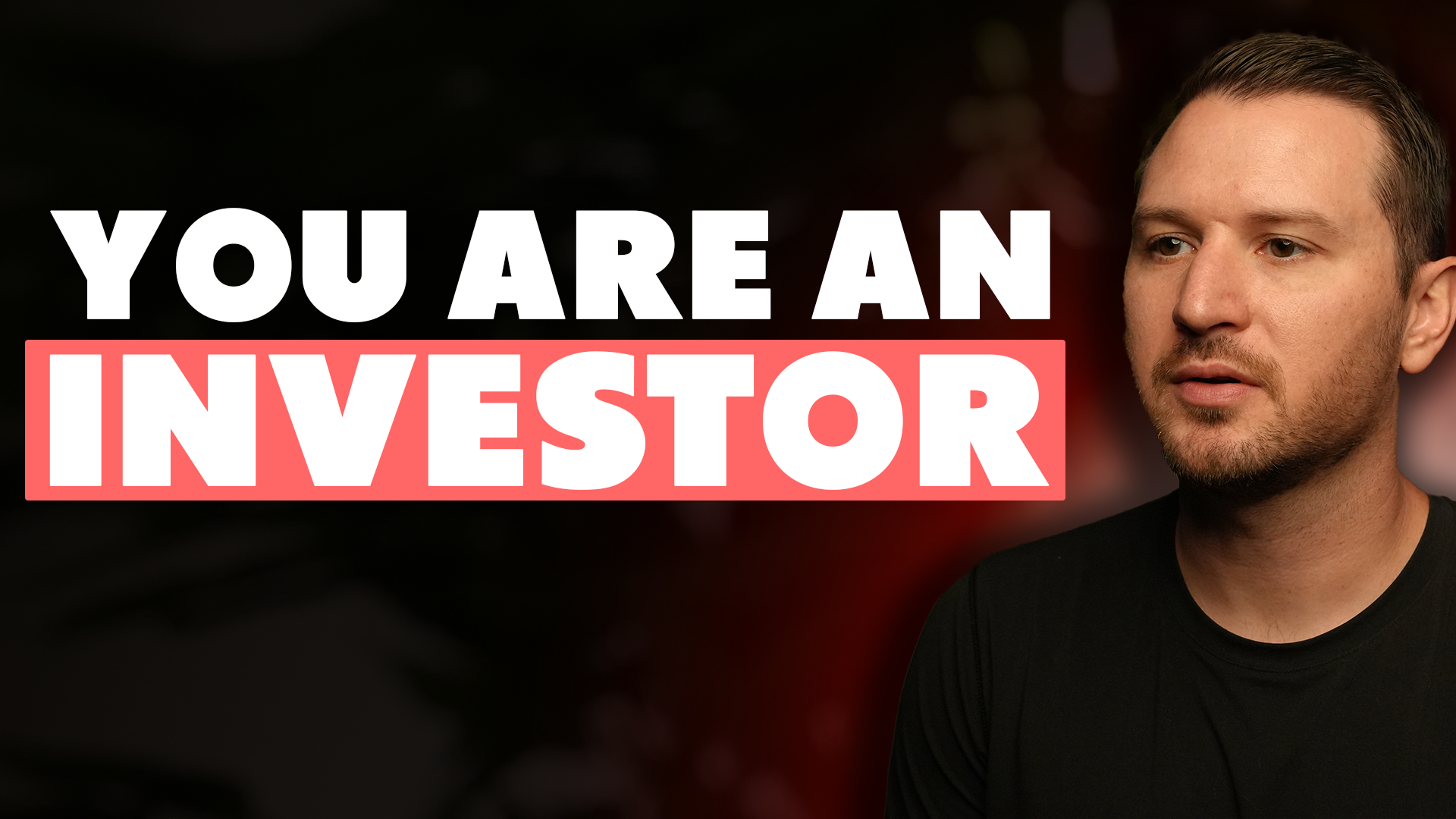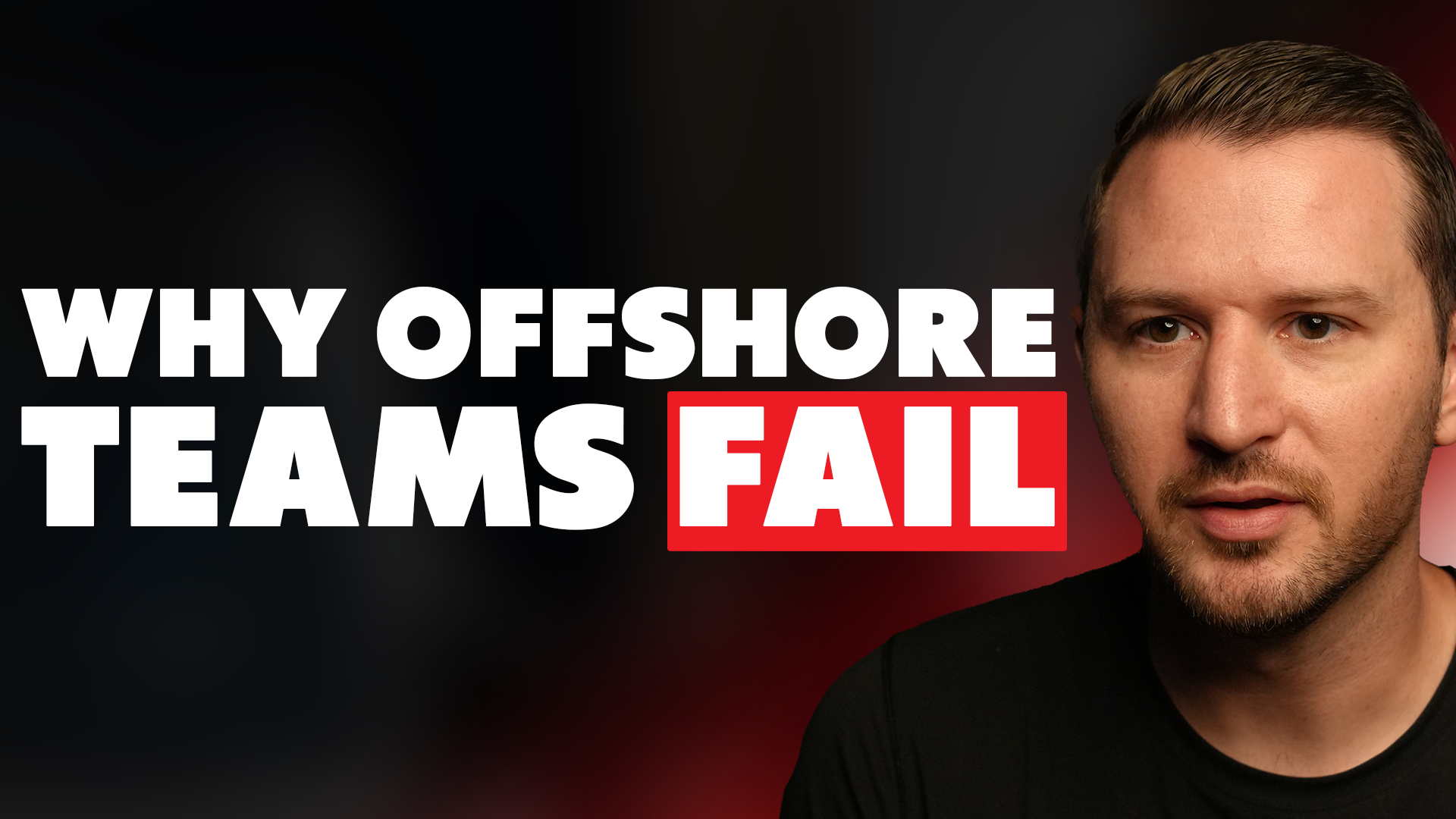It's time to talk about a marketing tool that provides a strategic investment in the future of your business. But, first: A story. Back in 2017, we began our journey into the world of SEO, and let me tell you, it's been the gift that keeps on giving.
Unlike PPC or LSA, where your dollars are gone after a single use, SEO's impact is enduring. SEO is all about making sure your website shows up first when folks search for services like yours on Google, Bing, or wherever they're browsing.
Think about it – when was the last time you scrolled past the first page of search results?
Exactly.

The higher you rank in search results, the more eyeballs you get on your website. And more eyeballs mean more potential customers knocking on your virtual door.
Why Does SEO Matter?
Let's talk about why business SEO is important, and what it does.
Increased Visibility
Most people turn to search engines like Google or Bing when they need a home service provider. By implementing SEO strategies, you increase the chances of your website appearing at the top of search results, making it more visible to potential customers.
Targeted Traffic
SEO allows you to target specific keywords and phrases that potential customers are searching for. This means that the traffic driven to your website is more likely to be interested in your services, leading to higher conversion rates.
Credibility and Trust
Websites that appear at the top of search results are often perceived as more credible and trustworthy by users. By ranking well in search engines, you establish authority in your industry and instill confidence in potential customers.
Cost-Effectiveness
Compared to traditional advertising methods like print ads or billboards, SEO is a cost-effective way to market your home service business. Once your website is optimized, it continues to attract organic traffic without the need for ongoing advertising spend.
What’s My Approach?
To truly harness the power of SEO, you need a two-pronged approach: service type location pages and organic content pages.
The former targets specific services in specific areas, while the latter establishes your expertise and attracts backlinks.
These backlinks—links from authoritative sources to your content—boost your website's credibility and visibility.
It's not just about getting clicks – it's about getting the right clicks. With SEO, you can target specific keywords and phrases that your potential customers are typing into those search bars. That means the folks landing on your site are already interested in what you're offering.

When doing your own SEO:
- Keyword Research: Identify relevant keywords related to your services using tools like Google Keyword Planner.
- On-Page Optimization: Optimize your website's content with targeted keywords and ensure it's user-friendly and mobile-responsive.
- Quality Content Creation: Regularly publish informative content that addresses the needs of your target audience.
- Local SEO: Optimize your website for local search by creating a Google My Business profile and obtaining online reviews.
- Link Building: Earn backlinks from reputable websites in your industry to boost your website's authority and credibility.
DIY or Find an Agency?
Now, doing SEO on your own is possible, but it's incredibly time-consuming and challenging to get it right. That's why many businesses turn to agencies for support.
We've been there—frustrated with slow progress and high costs. That's why we eventually brought SEO in-house, a move that was pivotal for our growing business. I would not have been ready though until just recently.
Bringing SEO in house would have been very intimidating even just last year.
You just have to weigh your options carefully. DIY SEO demands time and expertise that many business owners simply don't have. While agencies offer professional support, it's crucial to evaluate their deliverables.
How many pages will they generate monthly? Knowing this prevents frustration and ensures alignment with your goals.
We've experienced the frustration of sluggish progress and steep expenses firsthand. That's why transitioning SEO in-house became a game-changer for our expanding venture.
However, this decision wasn't feasible until recently. Just last year, the prospect of managing SEO internally seemed daunting.

The key lies in a thoughtful assessment of your situation. Evaluate the time, expertise, and resources at your disposal. While DIY may appear cost-effective, consider the opportunity cost of your time spent on SEO versus other crucial business tasks.
Conversely, hiring an agency offers professional expertise but demands thorough research to find the right fit. Ultimately, the choice hinges on your business's unique needs and growth trajectory.
An agency that I trust with my marketing is Service Scalers. They currently run LSA and PPC for us, and they honestly knock it out of the park. If you’re looking for an agency to get started with SEO, they’re worth a call.
When your website shows up at the top of search results, it's like a gold star of credibility. People trust Google (most of the time), so if Google says you're the real deal, well, you must be doing something right.
Remember, SEO is a marathon, not a sprint. It takes time to see results, but trust me, the payoff is worth it.
Get more Owned and Operated on YouTube, on Twitter, or with our weekly newsletter.








.avif)
